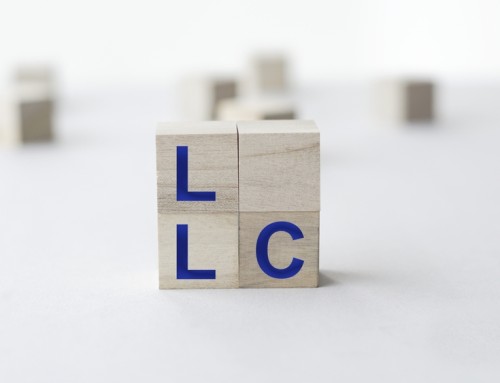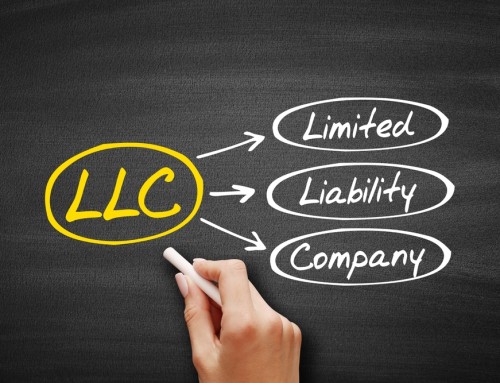Why Estate Planning Is More Than Just a Will
Many people assume that creating a will is enough to protect their assets and ensure their loved ones are taken care of. However, a will is just one piece of a comprehensive estate plan. A well-structured estate plan includes multiple legal documents that work together to manage your assets, protect your health decisions, and ensure your wishes are carried out without unnecessary legal complications.
At KEYTLaw, we provide our clients with a fully organized estate plan portfolio that includes everything from a revocable living trust to financial powers of attorney and medical directives. This structured portfolio helps you and your loved ones easily access and understand each component of your estate plan, ensuring clarity and efficiency when it’s needed most.
If you’ve never gone through the estate planning process before, you may not know what to expect. Here’s a complete breakdown of what’s included in our estate plan portfolio and why each document matters.
What’s Inside the Estate Plan Portfolio?
When you work with KEYTLaw, you receive a professionally prepared estate plan portfolio. This organized binder contains all the essential documents you need to protect your estate and ensure a seamless transition for your loved ones.
Each section is carefully tabbed and includes:
- A Living Trust – The foundation of your estate plan, ensuring your assets are managed and transferred without probate.
- A Last Will and Testament – A backup document that directs any assets not in your trust to be placed into it.
- Powers of Attorney – Legal authorizations allowing someone to manage your financial and healthcare decisions if you become incapacitated.
- HIPAA Authorization – Allows your chosen representatives to access your medical records when necessary.
- Personal Property Memorandum – A way to designate specific personal belongings to your heirs, preventing disputes.
- Death or Incapacity Checklist – A step-by-step guide for your loved ones on what to do in case of death or incapacity.
By keeping all these documents in one accessible location, you simplify the estate management process for yourself and your heirs.
What Is a Revocable Living Trust, and Why Do You Need One?
A revocable living trust is a legal document that allows you to place assets into a trust during your lifetime. You continue to control and manage these assets, but the trust ensures a seamless transfer to your beneficiaries upon your passing.
One of the biggest benefits of a living trust is that it helps your loved ones avoid probate—a lengthy, expensive, and often stressful court process required to transfer assets through a will. Probate proceedings can take months or even years, delaying the distribution of assets and creating unnecessary burdens for your heirs.
Unlike a will, a trust also allows for continuous management of assets in case of incapacity. If a trustee becomes unable to manage their finances due to illness or an accident, the successor trustee can step in and continue handling affairs without court intervention.
Why You Need a Financial Power of Attorney
Many people don’t consider what would happen if they became incapacitated and couldn’t manage their financial affairs. A financial power of attorney designates someone to handle your accounts, pay bills, and make financial decisions on your behalf.
This document is particularly important because banks and financial institutions won’t automatically allow a spouse or child to access your accounts without proper authorization. Without a financial power of attorney, your loved ones may have to go through a court process to gain access, which can be both costly and time-consuming.
Protecting Your Medical Decisions with a Healthcare Power of Attorney
A healthcare power of attorney ensures that someone you trust has the legal authority to make medical decisions for you if you cannot. This could include approving surgeries, selecting treatment options, or making end-of-life care decisions.
Your estate plan portfolio also includes a HIPAA authorization, which allows your designated representative to access your medical records. Without this, privacy laws could prevent even close family members from getting important health information.
Funding Your Trust and Avoiding Probate
Simply creating a trust is not enough—you need to fund your trust by transferring assets into it. This means retitling bank accounts, real estate, and other valuable assets in the name of the trust.
Failing to fund a trust means that any assets still in your name at the time of your death could end up going through probate. At KEYTLaw, we provide a step-by-step guide to funding your trust, ensuring your estate plan is effective.
The Importance of a Personal Property Memorandum
One of the most common disputes among heirs involves personal belongings, not large assets. A personal property memorandum allows you to list specific items—like jewelry, heirlooms, or collectibles—and designate who should receive them.
By clearly outlining these gifts, you help prevent family conflicts and ensure your belongings go to the right people.
Ensuring Accessibility: The Death or Incapacity Checklist
Even the best estate plan is useless if no one can find it when needed. That’s why every KEYTLaw estate plan portfolio includes a death or incapacity checklist—a guide for your loved ones outlining the steps they need to take if something happens to you.
Additionally, we provide membership in DocuBank, a service that gives hospitals immediate access to your critical healthcare documents in an emergency.
Why Estate Planning Isn’t Just for the Wealthy
Estate planning isn’t just for high-net-worth individuals. Regardless of the size of your estate, having a clear, legally binding plan ensures that your wishes are honored and your loved ones are not left dealing with unnecessary legal hurdles.
Many people put off estate planning because they assume they don’t own enough to justify it. However, estate planning is about more than just assets—it’s about protecting your medical decisions, appointing responsible financial managers, and ensuring your family has the guidance they need when you’re no longer able to provide it.
Take Control of Your Future Today
Estate planning isn’t just about what happens after you pass—it’s about ensuring security and peace of mind for you and your loved ones. A well-organized estate plan makes transitions smoother, reduces stress for your family, and ensures that your wishes are honored without unnecessary legal battles.
At KEYTLaw, we make estate planning simple by providing an easy-to-follow system that keeps everything organized and legally sound.






